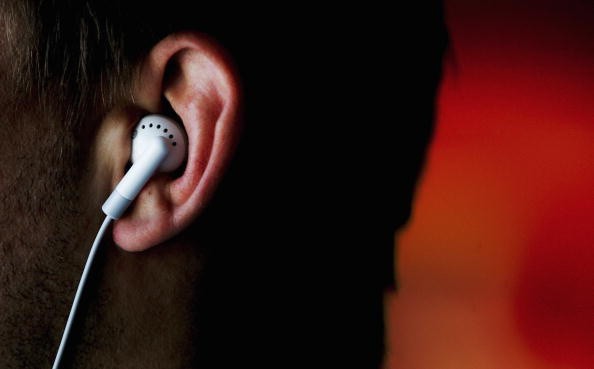A podcast seems like an innocent content. However, experts suggest that these materials could somehow allow other people to track listeners.

Originally, the podcast ecosystem was considered as a tracking-resistant platform. The content creators also release their shows through RSS, a free technology dating back to 1999. The platforms, such as Apple Podcasts, Castro, and other podcatchers, will then release the content in easy-to-use apps.
The users are safe since most of the apps don't share their data with anyone, including the podcast makers. However, it is currently changing because of many advertising companies.
How ads change the podcast industry
According to IAB's study, many advertisers are expected to spend more than $800 million on podcasts this year of 2020. Some companies are creating ways to provide ad companies with users' data, persuading them to spend even more.

According to The Next Web's latest report, the most common strategies include adding tracking URLs to ads, using IP addresses to identify users, and removing RSS, which could help proprietary platforms that are already tracking their users.
Podcast could release some of your personal data
Downloading a podcast could leak some of your personal data. Anyone who hosts the file can log a download's date and time, the IP address, the podcatcher used (app), and even identify the device used.
On the other hand, ad companies could use podcasts to target listeners according to the podcast's subject matter. Advertisers know which podcasts were actually driving the users. Right now, ads in podcasts are not personalized since the companies have no way to match an ad to a specific user.
However, this type of ad is still possible, especially when the RSS is completely removed.
For more news updates about new security risks, always keep your tabs open here at TechTimes.
This article is owned by TechTimes,
Written by: Giuliano de Leon.
ⓒ 2026 TECHTIMES.com All rights reserved. Do not reproduce without permission.




